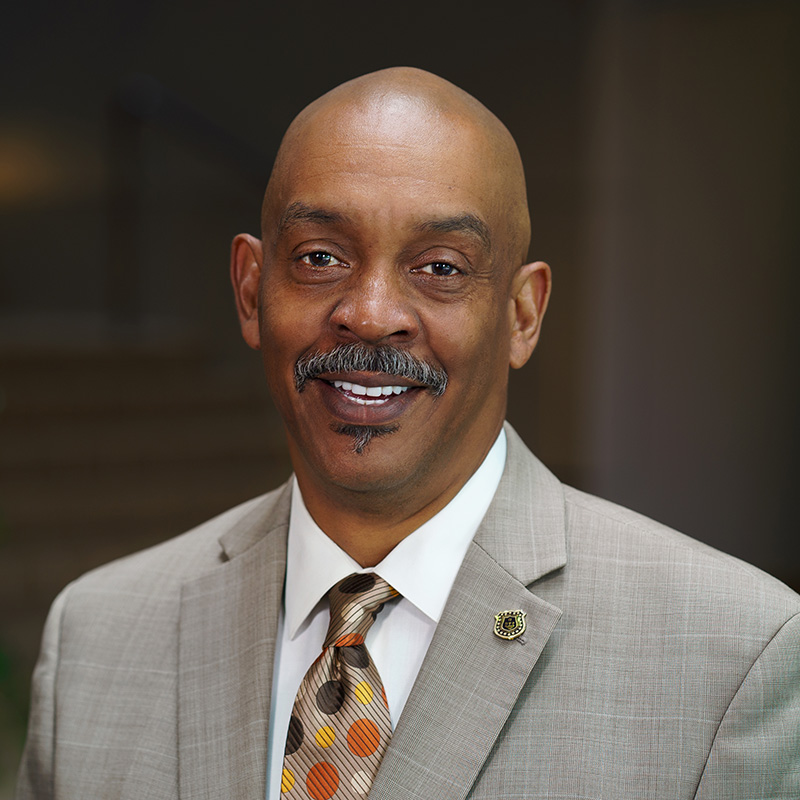Crimes may also be reported to a Campus Security Authority (CSA). The Clery regulations
found in 34 CFR 668.46 (a) defines a Campus Security Authority in the following manner:
A College police department or a campus security department of an institution; Any
individual or individuals who have responsibility for campus security but who do not
constitute a College Police Department or a campus security department under paragraph
(1) of this definition, such as an individual who is responsible for monitoring entrance
into institutional property; Any individual or organization specified in an institution's
statement of campus security policy as an individual or organization to which students
and employees should report criminal offenses; An official of an institution who has
significant responsibility for student and campus activities, including, but not limited
to student discipline and campus judicial proceedings. If such an official is a pastoral
or professional counselor as defined below, the official is not considered a campus
security authority when acting as a pastoral or professional counselor.
Specific examples of CSAs at St. Louis Community College:
- College police and security officers
- Campus senior student affairs officers
- Managers of Campus Life
- TRiO program directors
- Athletic director and coaches
- Faculty, and staff advisors to student clubs
- Campus provosts or deans
Students, staff and visitors to any campus of St. Louis Community College are strongly
encouraged to report any suspicious persons/circumstances, criminal conduct, or emergency
incidents to these Campus Security Authorities so that appropriate decisions on timely
warning reports and annual statistical disclosures can be determined.
It will be the role of the CSAs to be there for students as someone to whom they can
report crimes, look to for guidance if they have been victims of a crime, or ask if
they simply need advice as to whether they should report an incident. If an individual
chooses not to report a crime to a representative of STLCCPD and chooses the local
police, CSAs can assist an individual in contacting the appropriate authorities (St.
Louis City or St. Louis County Police Department, as appropriate). Please note that
on-campus crimes reported to these agencies will typically be referred to the STLCCPD,
including if it is the College Police that has the enforcement jurisdiction for the
campuses. The CSAs will not be responsible for taking any actions in regard to suspected
perpetrators of a crime, nor are they to make any judgments as to whether a crime
took place; they are simply responsible for reporting crimes to STLCCPD. The CSAs
are also not responsible for encouraging victims of a crime to contact the police
if victims do not want the police contacted.
CSAs submit information on crimes to STLCCPD for inclusion into the crime statistics,
as required by law under the Clery Act for all institutions of higher education that
receive federal financial aid. The statistical information collected for this report
will not contain any names or specific locations to maintain the confidentiality of
a victim.
Crimes may also be reported anonymously by going to the following website and completing
the report form: www.stlcc.edu/bit. The completed form will be reviewed by the appropriate
campus Behavior Intervention Team chair.
